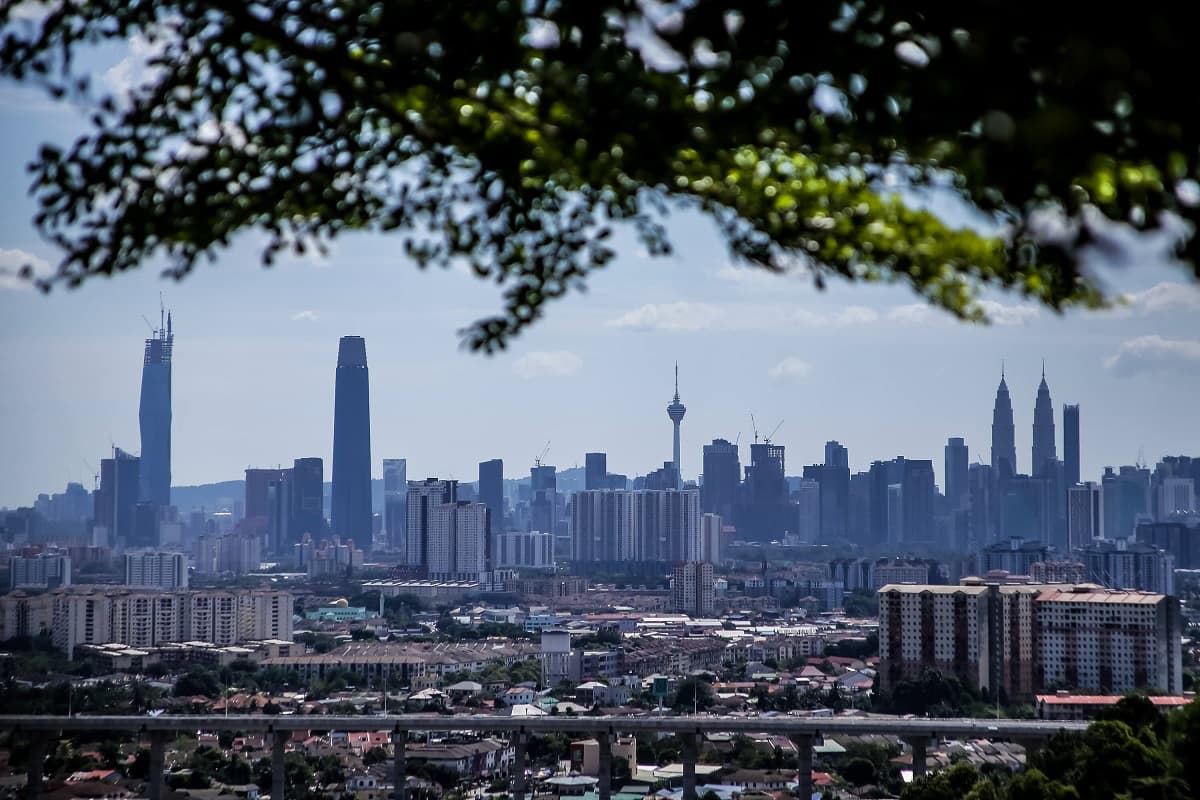
KUALA LUMPUR (April 15): RAM Rating Services Bhd (RAM Ratings) has cut its 2022 gross domestic product (GDP) growth forecast for Malaysia to 5.8% — from its projection of 6.8% made last December — citing slower global economic growth amid the Russia-Ukraine war, the drag on consumption demand from higher inflationary pressures, and lower overall output due to protracted labour shortages.
In a statement, RAM Ratings analyst Woon Khai Jhek said while Malaysia is still on a firmer recovery path now amid the country's transition to the endemic phase of Covid-19, its growth prospects are moderately weighed down by the ongoing conflict in Ukraine.
Though Malaysia’s direct trade with Russia and Ukraine is less than 1% of its total trade, there will be greater impact from the repercussions on global demand, Woon noted.
“The ensuing supply chain disruptions and surge in inflation from sanctions on Russia will dampen global economic growth, particularly in Europe. This in turn will affect Malaysia as Europe constitutes about 12.5% of overall demand for Malaysia’s value-added exports (direct and indirect),” he said.
In the meantime, surging commodity prices have been pushing up inflation around the world, he noted, though the passthrough to domestic inflation has been tempered by Malaysia’s existing price control measures and petrol subsidies.
“We project headline inflation to remain at 2.5% for 2022 (2021: 2.5%), but underlying inflation this year will be largely driven by higher food prices. This is expected to modestly restrain the rebound in household spending in 2022,” Woon said.
Nonetheless, Woon said domestic demand will remain the key economic driver for Malaysia this year, thanks to robust vaccination and booster coverage, continued improvements in the labour market and ongoing policy support measures.
Amid the steady rise in employment rate and the transition to endemic phase, which will help to support a sustainable recovery, he expects investments to accelerate on continued capacity building, as signalled by a doubling in investments approved to RM306.5 billion in 2021 from RM167.4 billion in 2020.
"Meanwhile, export demand will stay strong thanks to the semiconductor supercycle," Woon said.
However, he warned of potential downside risks from the emergence of more virulent and vaccine-evading Covid-19 variants of concern, further escalation of the war in Ukraine, prolonged lockdowns in China and severe supply chain disruptions.
"A faster-than-expected return of foreign tourists is a potential upside," he added.